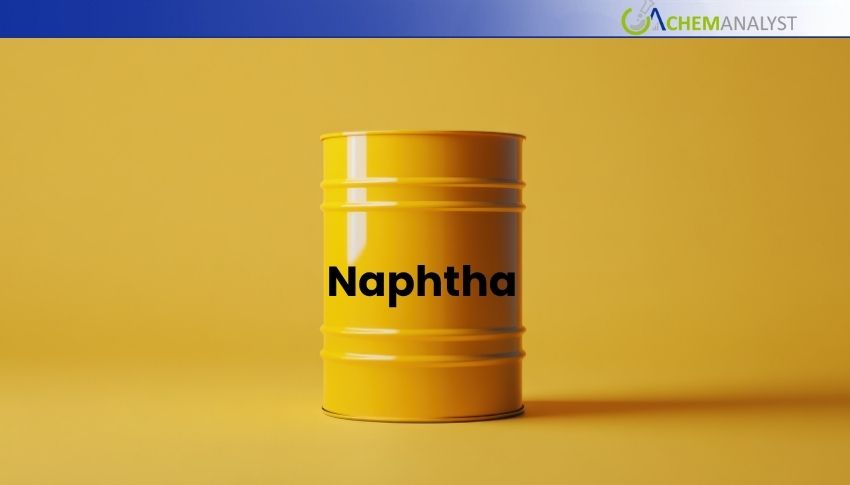Welcome To ChemAnalyst

The global naphtha market is facing bearish pressure from geopolitical shifts, weak downstream demand, and rising competition from alternative feedstocks like LPG. While supply remains stable across regions, falling cracker margins, policy-driven trade disruptions, and muted petrochemical appetite; especially in Asia which continue weigh on prices. Recovery hinges on olefin margins and global manufacturing revival.
In the last week of July xxxx, the global naphtha market is experiencing a perfect storm of geopolitical disturbances, altered trade assets, and declining downstream demand. Throughout the key regions producing naphtha, refiners have seen them operate at high level; however, naphtha demand was tepid and falling ethylene margins and competition from other feedstocks like LPG were added pressure. To further compound the pressure, macro uncertainty and regional policy shifts have positioned naphtha traders into a landscape with turbulence and a bearish tone.
In the Americas, the change in dynamics in the naphtha trading space, which is still very volatile according to several sources, was represented in Gregory Galimberti—head of light fuels, which includes naphtha—as TotalEnergies’ significant fuel trading unit transitions to a hedge fund in this region. The U.S. refinery utilization still sat at xx.xx; however, straight-run naphtha supplies were...
We use cookies to deliver the best possible experience on our website. To learn more, visit our Privacy Policy. By continuing to use this site or by closing this box, you consent to our use of cookies. More info.
